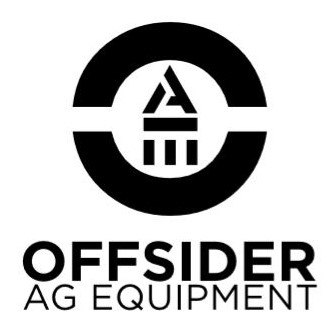To Poddy or not to Poddy
Caring for Newborn and Orphan Calves: A Practical Guide
Sometimes calving doesn’t go to plan and you end up with a wee calf that doesn’t have a mother. It’s a big job poddying a calf, but it can be worth it. Here’s some tips to get you started. Don’t forget, your vet or a local livestock expert will be invaluable as you and your poddy learn together.
Proper care in the first 24 hours is critical to a calf’s survival. Orphaned calves are especially vulnerable to dehydration, weakness, and scours, making early intervention essential.
Colostrum: The First Priority
Newborn calves must receive colostrum within the first 36 hours for essential immunity, vitamins, and minerals. Fresh colostrum from the mother is best, but frozen colostrum (warmed to 36°C before feeding) or a high-quality powdered alternative can be used. Ideally, feed 2L per meal for the first two days.
Preventing and Treating Dehydration
Dehydration is the leading cause of calf mortality. A dehydrated calf should be given electrolytes first—not milk—to prevent digestive upset. Use a commercial electrolyte or make your own with 1 tsp salt, ½ tsp baking soda, and 125mL glucose in 1.2L of water. Feed electrolytes for at least 24 hours before reintroducing milk.
Bottle vs. Bucket Feeding
CLEAN BUCKETS AND BOTTLES ARE ESSENTIAL TO PREVENTING SCOURS. All bottles buckets/tubes should be washed in warm soapy water and fully dried between uses. Don’t invite trouble in - keep it clean!
Bottle/Teat Feeding: Encourages proper digestion by triggering the oesophageal groove reflex, directing milk to the abomasum. Also helps stimulate saliva production.
Bucket Feeding: If using a bucket, place it at least 30cm above the ground to help direct milk correctly. Train calves by dipping your fingers in milk and guiding them to drink.
Hygiene and Nutrition
Provide a clean, dry shelter with fresh bedding.
Always offer fresh water, hay, and calf pellets to support rumen development.
Clean teats and feeding equipment regularly to prevent illness.
Preventing and Managing Scours
Scouring is a serious condition that can lead to rapid dehydration. If a calf develops scours:
Stop milk feeding for at least 4 hours and replace with electrolytes.
If scours persist, consult a vet and keep scour medication on hand.
Isolate sick calves to prevent spread.
Weaning and Solid Feeding
Introduce hay and concentrates from one week old to support rumen development.
Weaning depends on solid feed intake (650g/day) rather than age.
Gradually reduce milk over a one-week period or wean at 5-12 weeks, depending on growth.
Ensure solid feed contains 18-20% protein and 11-12MJ energy for proper growth.
General Feeding Tips for Success
✔ Milk replacer should contain ≥20% protein, ≥10% fat, ≤10% starch/sugars.
✔ Feed milk at 10% of body weight (e.g., a 30kg calf needs 3L/day).
✔ Do not overfeed, as excess milk leads to scours.
✔ Ensure milk is 35-38°C, though calves can tolerate cold milk from 6°C.
✔ Encourage meal intake by rubbing feed on the gums after milk feeding.
✔ Avoid sudden diet changes—transition gradually.
With the right care, orphaned calves can thrive. By following these guidelines, you’ll raise a healthy, well-adjusted calf. For further advice, consult your local livestock expert or vet.
